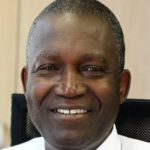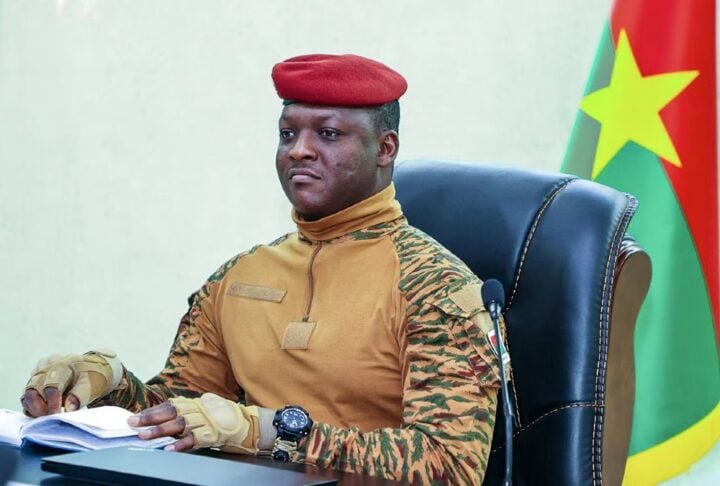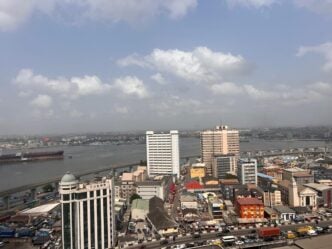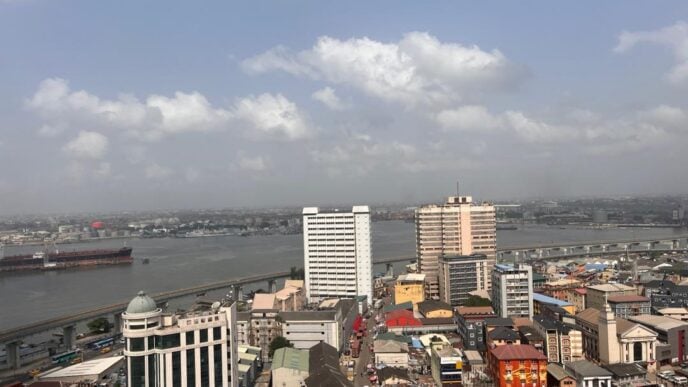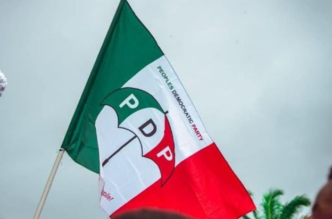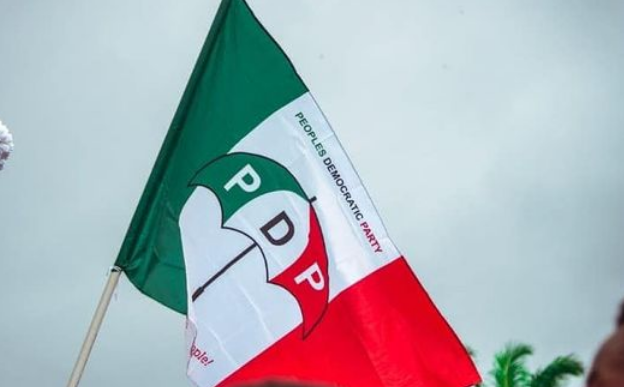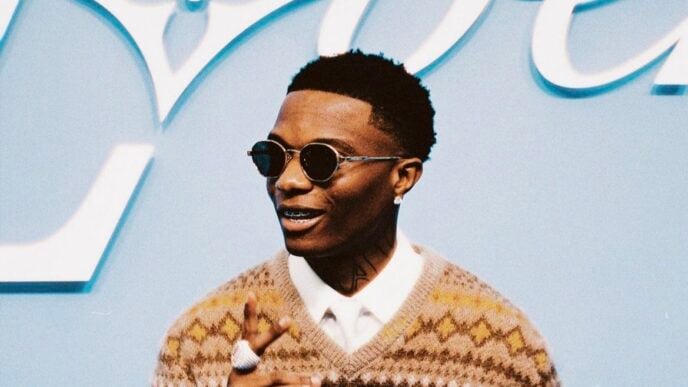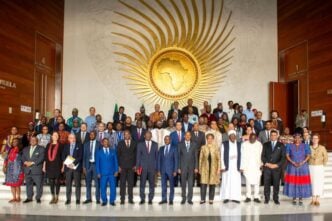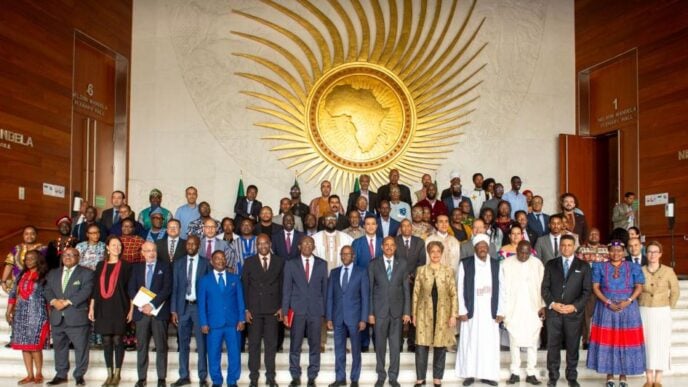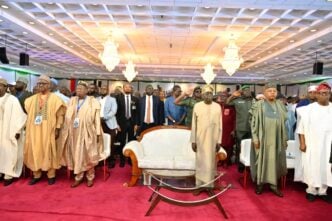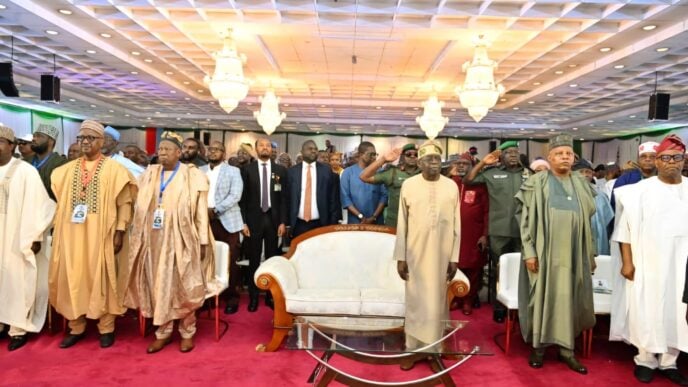Ibrahim Traore, head of Burkina Faso's military junta
President Ibrahim Traore of Burkina Faso is one of the most prominent leaders in Africa, primarily due to his significant presence on social media platforms. While a limited portion of his online activities can be directly linked to his and the country’s official communications and media, a substantial number originates from various other sources for diverse reasons.
The overall social media presence of Traore amounts to a mix of facts, fiction and a rich imagination of fantasy and expectations, based on direct and indirect sources of information consulted by this writer.
In reality, Traore is a youthful military leader who presents himself as a reformer or even a revolutionary, striving to change the mindsets of his people and setting the country on a new path. He advocates for self-reliance, use of local capabilities and resources, and forming new strategic international alliance.
“The country or death” is a motto that Traore repeats. He is aware that he faces multiple threats to his life, namely, his populist policies and stance against foreign powers that have been traditional allies of Burkina Faso, resentment of the political elites about his leadership style, and the jihadist insurgency that controls large portions of the country.
He takes his security seriously. He is always surrounded by well-armed, specially-trained soldiers. But he leaves no one in doubt that he is ready to pay the supreme sacrifice if necessary.
The Facts
Advertisement
Captain Traore took part in the 2022 military coup that brought Colonel Paul-Henri Sandaogo Damiba to power. The coupists were disenchanted with the manner that the civilian government was handling the mounting jihadists uprising that had been engulfing the country. In a few months, not satisfied with the pace of action of the Damiba government either, Traore and his group carried out another coup, and Traore eventually became president.
Charismatic, decisive and populist, Traore has taken actions that attract national and international attention. He dethroned French to a working language and made local languages official instead. He put the traditional and long-standing relations with France in the cooler, expelled French troops, and cultivated new allies in Russia and Turkey.
He established the country’s first tomato processing firms and a modern gold mine, He banned exportation of unrefined gold and boosted agricultural production through provision of modern machinery, seeds and technological support. He has distanced Burkina Faso from its usual Western trading partners who he accused of exploitation.
Advertisement
He has removed his country from the regional ECOWAS bloc and formed a new regional alliance with Mali and Niger, which are also under military leaders.
Traore, 36, dresses smartly. He is eloquent, and interacts with the media frequently to articulate his policies. He has mobilized the youth to form a movement for reinventing the country and fighting the persistent armed insurgency.
Traore’s popularity became particularly evident when he received the most enthusiastic applause of all visiting heads of state in Accra at the inauguration of Ghana’s President John Mahama in January 2025.
Numerous people worldwide support the image of Traore in the social media as a vigorous pan-Africanist, anti-Western leader, although many of the representations are not entirely accurate or factual.
Advertisement
The Fiction
The comprehensive investigative reports on Traore by the Cable Check and BBC, among others, concluded that he has not spoken English at any public forum or in any broadcast. Numerous videos of lectures, public speeches and broadcasts of Traore addressing leaders and audiences in fluent English are AI fabrications and deep fakes.
The only confirmed exception is one of Traore addressing his soldiers passionately at a military gathering. The video was translated from its original French version to English by the Burkina Faso government media using AI.
The songs online from famous artists including R. Kelly and Rihanna eulogizing Traore are artificial creations.
Traore did not reject loans from IMF and World Bank, nor did he pay up all the external debts of his country. Other assertions that he has cancelled payments of taxes, and made water and electricity available to people free of charge are not true. The claim that he refused to be paid any salary as president could not be verified as there is no official confirmation or denial.
Advertisement
A significant claim of provision of housing that has transformed Burkina Faso under Traore by massive construction of buildings as shown in videos online are only doctored images of high-rise buildings from Algeria.
The Fantasy
Advertisement
Certain analysts explain that Traore occupies a gap in the minds of those who yearn for authentic African leadership. In many African countries, people are unhappy with the pervasive poverty, continuing under-development and bleak future that afflict their societies.
Most of the countries are governed by leaders who are primarily preoccupied with corruption and who lack the vision to re-imagine and bring about a better future. The portrayal, whether accurate or not, of anyone resembling the revered revolutionary leaders of the past is appealing to dissatisfied populations.
Advertisement
Burkina Faso’s Thomas Sankara successfully carried out a coup in 1983 and became president at age 34. A Marxist and Pan-Africanist, he championed a new direction for the country which memory lingers in many people’s minds.
Captain Sankara renamed then Upper Volta to Burkina Faso (the country of upright people) and gave his people the new name of Burkinabe (honest and upright people). He was killed in 1987 during a coup led by Sankara’s friend and ally, Captain Blaise Compaore, with support from foreign governments.
Advertisement
The images of Traore and Sankara suggest to many disillusioned youth and others that a military government is a better alternative to civilian rule, which hope is misguided and not rooted in the actual history of poor governance that has mostly characterised military involvement in African nations.
The Expectations
Traore reminds many Burkinabes of the hope that poor countries can overcome the challenges of development, reduce corruption and achieve prosperity.
The confidence in Traore’s leadership qualities also embodies the longing for political figures who can ignite indigenous, home-bred solutions to overcome the perpetual problems of under-development.
Opposition supporters in some countries including Nigeria, Kenya and South Africa, use AI and video manipulations to project Traore as the kind of transformative leader needed. They embellish Traore and his government with imagined progressive policies, in contrast to their own governments.
The Future
Burkina Faso has a history of unceasing military coups. Sankara’s government was overthrown in a coup in October 1987 led by his closest friend and military ally, Captain Blaise Compaore, with support from foreign powers.
The government of Traore has foiled at least one coup attempt in 2023, and there are indications that there have been several unsuccessful ones.
Traore initially promised to hold elections in July 2024 as the key step in the country’s programme of return to democracy and civilian government. But he held national consultations in May 2024 and got the mandate to extend his rule for five years, after which he will be eligible to contest presidential elections in 2029.
The tolerance for political dissent or criticism is diminishing in Burkina Faso under Traore. Activists are drafted into the army, and critical media is perceived as unpatriotic, raising questions about the potential emergence of another side of Traore, especially as he continues as president.
Regardless of how events unfold in Burkina Faso, the spotlight is on Traore.
Bunmi Makinwa is CEO of AUNIQUEI Communication for Development
Views expressed by contributors are strictly personal and not of TheCable.
